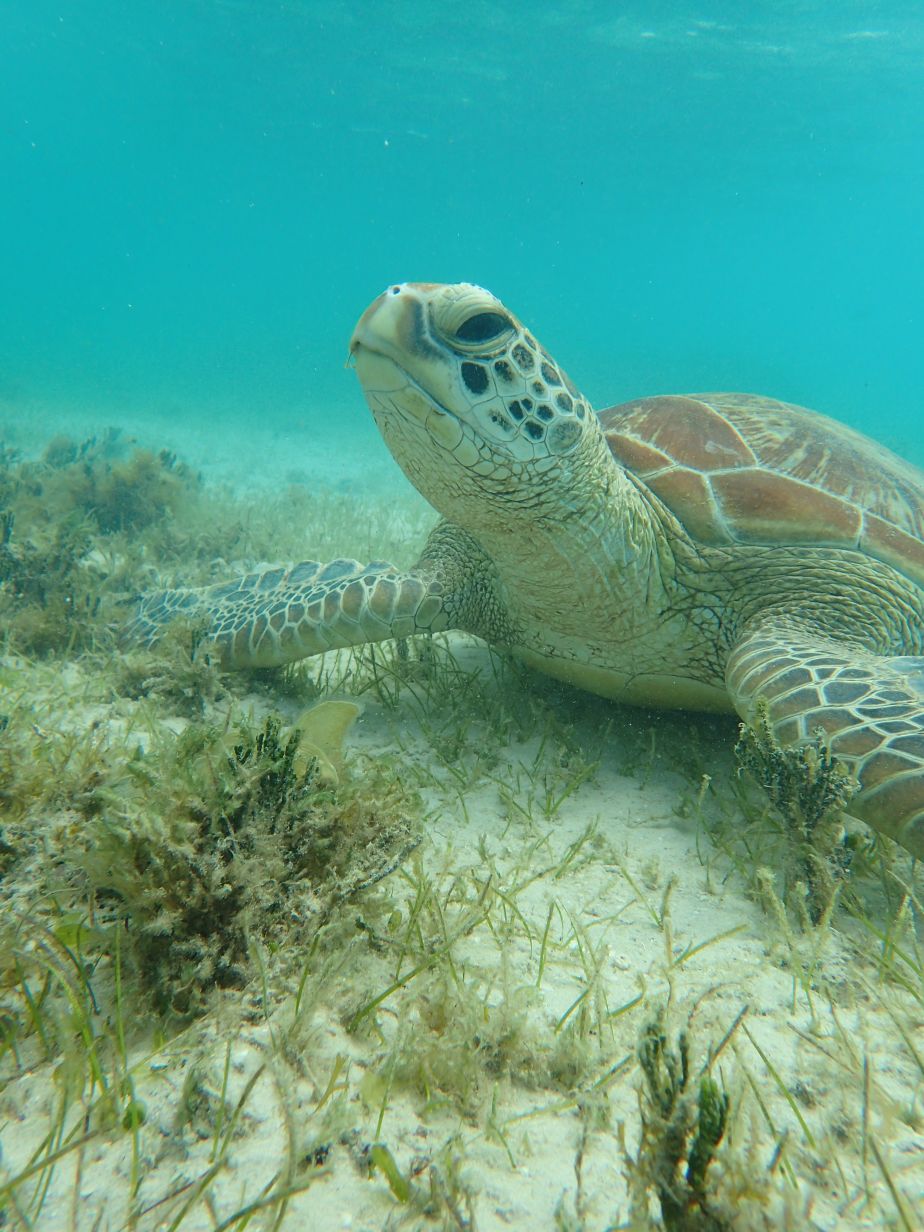Media Releases
$3 million ports partnership to benefit JCU tropical marine research

A new research and monitoring partnership between James Cook University and North Queensland Bulk Ports (NQBP) worth more than $3 million over 3 years will be signed today in Mackay.
JCU’s Vice Chancellor, Professor Sandra Harding said the agreement brings together JCU’s world leading expertise in applied tropical marine science and provides a pathway for student engagement with industry.
“This partnership epitomises JCU’s commitment to ensure its research is focused on creating a brighter future for the tropics and towards promoting student programs that create excellent post degree job opportunities,” she said.
NQBP General Manager Engineering and Development Dr Rochelle Macdonald said the partnership was part of the company’s program to ensure its environmental monitoring programs and stewardship are truly world class.
“NQBP is the only port authority in the world to manage three priority ports located on the shores of a World Heritage Area. As such, it is vital to us that we lead the way in monitoring and research within the port environments we manage,” she said.
Scientists from JCU’s Tropical Water & Aquatic Ecosystem Research Centre (TropWATER) will be responsible for keeping an eye on the marine environment at four of NQBP’s sites.
Dr Michael Rasheed, the TropWATER co-director of the partnership, said the centre will monitor water, seagrass and coral at the ports of Mackay, Hay Point and Abbot Point, all adjacent to the Great Barrier Reef, as well as water and seagrass quality at the Port of Weipa in the Gulf of Carpentaria.
“What we do is provide them with independent environmental data collected in a scientifically rigorous manner,” he said.
“We’ll be watching what happens to water quality at 18 separate points, and checking on seagrass at 23 meadows. We’ll also be monitoring six different sites to keep an eye on the coral.”
Dr Rasheed said established methods such as helicopter surveys, divers and boat-based camera sleds will also be used as part of long term assessments of seagrass and coral health.
Dr Nathan Waltham, co-director of the research program, said the scientists’ equipment will be state-of-the-art.
“For instance, we have a device, custom built at TropWATER, that uses optical backscatter to monitor sediment deposits. These instruments also continually record turbidity, temperature, depth, wave energy and photosynthetically active radiation at 10-minute intervals.”
“These high frequency water quality loggers will be located next to important marine habitats, including seagrass and coral, to assist in tracking changes,” he said.
TropWATER currently monitors all four ports, (as well as six other Queensland ports for other port authorities), in an arrangement stretching back more than 20 years.
NQBP Senior Manager Environment and Planning Kevin Kane said the agreement built on the already long-standing relationship between the two organisations that has been delivering world-leading research.
“The partnership with JCU will provide NQPB with an integrated and scientifically rigorous marine water quality and sensitive marine habitat program that will assist port operations, as well as meet community expectations for high standards of environmental stewardship and management.”
He said the new agreement will see the current monitoring regime extended to other areas of the environment.
“The integration and expansion of our current programs and sites under this partnership will result in significant gains to the effectiveness and value of the science and information collected.”
Link to images and video here.
Dr Michael Rasheed.
E: michael.rasheed@jcu.edu.au
North Queensland Bulk Ports Corporation: Kirsty Mugridge | Media and Community Engagement Advisor
07 4969 0772 | kmugridge@nqbp.com.au